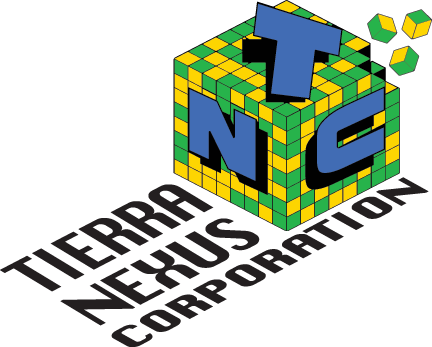Tip: Protect yourself from unlicensed construction workers by hiring a licensed contractor. To verify a license, look the company up in California’s Department of Consumer Affairs Contractors State Licensing Board.
Tip: Save money replacing the regular light bulbs for energy saving lights. Send us a message if you need more help.
Tip: Extend the life of your air conditioner, keep it working right and save money changing the filter every three to six months.
Tip: If you are you considering doing a construction job as an “OWNER/BUILDER,” there are a number of important issues to be aware of. Click here.
Tip: Gas and electrical safety at home and work. Click here for more information.
Tip: California Law Now Requires Carbon Monoxide Detectors
Owners of California dwelling units, especially rentals, that have (i) a fossil fuel-burning heater, appliance or fireplace (for example, a gas stove or water heater) or (ii) an attached garage, need to be aware of a new law passed in 2010 regarding carbon monoxide devices. Under newly-enacted sections 17926, 17926.1, and 17926.2 of the Health & Safety Code (part of Senate Bill No.183), owners of all such properties (excepting properties that are, generally-speaking, owned by or leased to the government) must install carbon monoxide alarms by the following deadlines: (1) July 1, 2011, as to single-family dwellings, or (2) January 1, 2013, as to all other dwellings.
(The deadlines are subject to extension for up to 6 months if the State decides more time is necessary to make approved alarms available; if such postponement were made, the Department of Housing and Community Development must post a public notice on its website).
To satisfy the requirements of the new law, alarms must be approved by the State Fire Marshal. The State Fire Marshal’s web site maintains a listing of carbon monoxide alarms and detectors; it appears as though the alarms and devices on this listing meet the requirements of the new law, but this should be confirmed by owners. The new law imposes a $200 maximum fine on owners for each violation of the installation requirements, provided that a 30-day notice must be provided to cure the violation. Perhaps more important, however, would be the implication or presumption of negligence created by a violation of the new law in any case where persons or property are injured or damaged as a result of a carbon monoxide leak.
Health & Safety Code section 17926.1 covers requirements specific to rental units, including the owner’s (or owner’s agent’s) maintenance requirements. Also covered are permission-to-enter and device-failure notification requirements imposed on tenants. With the law now clear on the required presence and maintenance of carbon monoxide alarms in qualifying rentals, it is critical for any rental unit owner to meet all applicable requirements of this new law.





